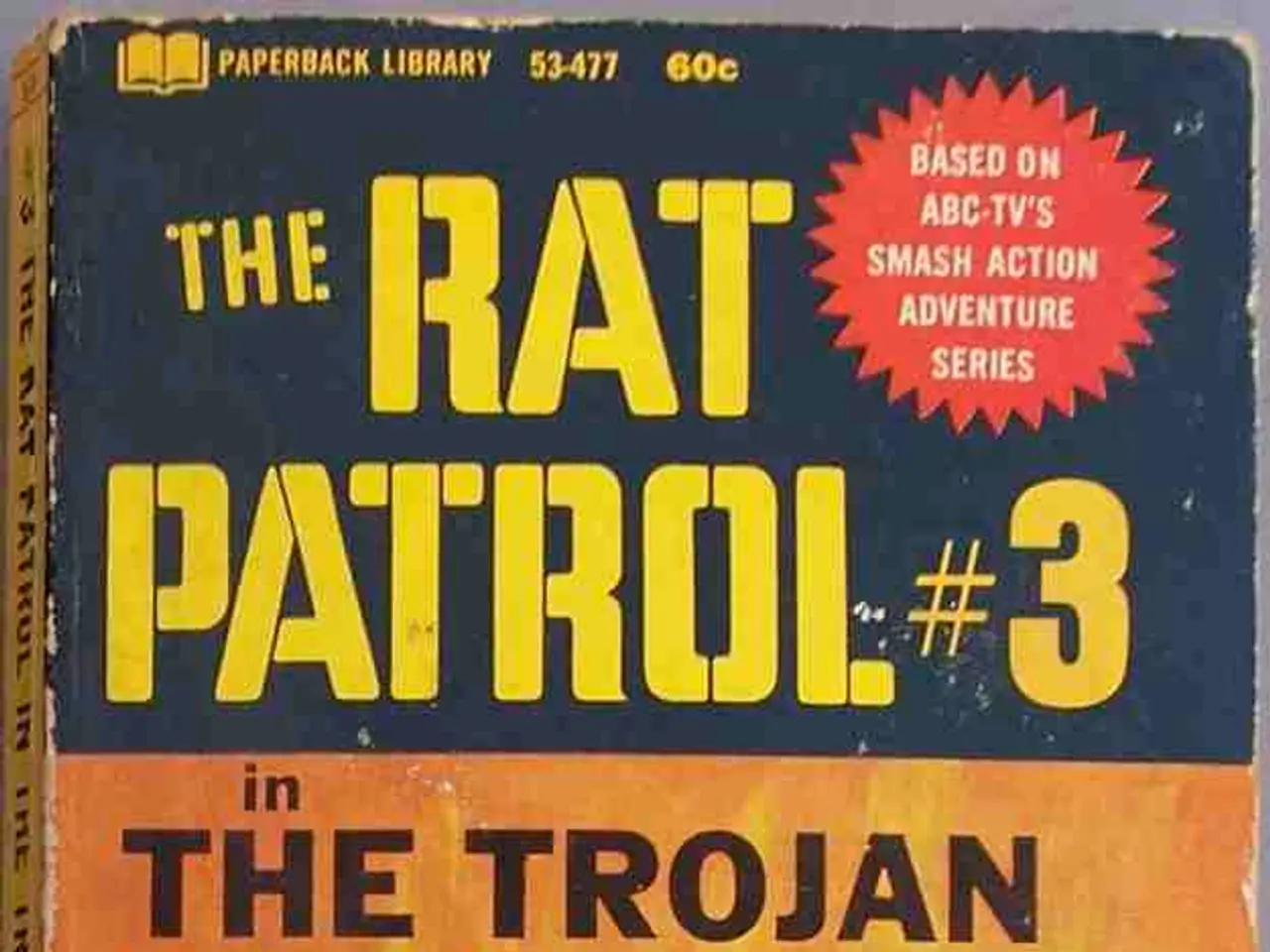Coup possibility uncertain according to Phumtham, yet not completely unimaginable
In commemoration of the 10th anniversary of the 2014 coup led by then Army chief Gen Prayut Chan-o-cha, Deputy Prime Minister and Defence Minister Phumtham Wechayachai shared his thoughts on the importance of democratic processes and the unlikely possibility of another coup.
Phumtham encouraged the use of democratic mechanisms to solve problems before power grabs or coups, emphasising that the 2014 coup should serve as a lesson for all parties to respect the democratic system's rules. He expressed optimism about Thailand's democratic development, stating that society is becoming more democratic and aware of rights and liberties.
When asked if the 2014 coup would be Thailand's last, Phumtham responded that no one can firmly certify that there will be no more coups. However, he cautioned that while a coup is unlikely, it cannot be entirely ruled out. He highlighted the importance of resolving conflicts through democratic processes and expressed his belief that demonstrations based on constitutional rights are legitimate means for people to express differing views.
Phumtham did not discuss the current political situation or any ongoing conflicts. He also did not mention any new information about the 2014 coup anniversary or the Thai-Cambodian border situation.
The 2014 coup followed months of intense political turmoil and street protests involving supporters of the Shinawatra family ("Red Shirts") and their opponents ("Yellow Shirts"). At the time, the military, with a history of intervening in politics, stepped in to restore peace and order and prevent further violence.
Recent analyses note that the Thai military remains displeased with the current political arrangement, partly due to the rise of reformist parties and the limitations of the new constitution drafted after the 2014 coup, which was intended to curb populist parties' power. Army sources suggest the military might consider another coup to resolve political deadlock and regain control over constitutional reform[1]. Meanwhile, other political figures like former Prime Minister Abhisit have acknowledged that while no one can definitively rule out another coup, such interventions typically provide only temporary solutions and urged cross-party consensus to prevent extra-systemic interventions[2].
In conclusion, while there is no explicit mention of Deputy Prime Minister Phumtham Wechayachai's personal position, the broader political analysis indicates significant military unease that may underlie coup considerations, but official government voices call for dialogue and peaceful resolution. No definitive stance from Phumtham Wechayachai on the coup possibility is documented in the search results.
[1] "Thailand's military mulls coup to resolve political deadlock, regain control over constitutional reform," The Diplomat, 15 May 2023, https://thediplomat.com/2023/05/thailands-military-mulls-coup-to-resolve-political-deadlock-regain-control-over-constitutional-reform/
[2] "Former Thai PM Abhisit warns against new coup," Bangkok Post, 10 May 2024, https://www.bangkokpost.com/thailand/politics/20240510/former-thai-pm-abhisit-warns-against-new-coup/
- The deputy prime minister, in a conversation about the 2014 coup and its lessons, also touched upon the relevance of democratic processes in resolving issues related to business, politics, war-and-conflicts, and policy-and-legislation.
- The article mentioning the possible military consideration of another coup, when discussing the current political situation in Thailand, also emphasized the need for peaceful resolution and dialogue, mirroring the sentiments expressed by the deputy prime minister.
- A separate article featuring comments from a former Thai prime minister spoke about the temporary nature of coups and stressed the importance of cross-party consensus, addressing the crime-and-justice aspect, as such interventions can involve questions of legal and constitutional rights.






